Poetry and the Art of Choosing Favorites
I do not have favorite women poets. There, it’s out.
I do not have favorite men poets either, so it’s an even deal. What could this mean? After all, I am a poet, a poetic author (I’ve been likened to Jane Kenyon and Annie Dillard), and the owner of T. S. Poetry Press. Oh, and I manage our online presence: Tweetspeak Poetry. I should have favorite poets, should I not? At the very least, it would make it possible for me to write articles on my favorite (male or female) poets. I am so difficult.
the way a jar of honey
is difficult.
All that sweetness
gets stuck under the rim,
makes your hands shake
they have to work
so
hard.
If you want to know (or even if you don’t), I wrote this poem in response to a manager who told me one day, “You are so difficult.” That is what I do with poetry: I respond. I respond to alter a situation—in this case, I wanted to add nuance to the questionable statement about who I am and how I think (yes, I playfully sent the poem to the manager). I wanted to create context, to place myself in an object that would speak in pictures and sounds, creating a new way to understand. This is how I write, yes, and it is how I choose what poems to love. Maybe these poems are written by women and maybe by men. I can like them either way, because they are human.
The most human poems are the only poems I care to love, or publish. They are responses, they give context, they place a person—in San Francisco or London, or on Cape Cod. They alter understandings.
I have always been this way. Difficult. At least from a literary standpoint. I have always liked what I liked and taken it from there. I have not cared if you are W.B. Yeats or Mary Oliver, if you could be human in words. This is why I give publishing space to young girls and sometimes ignore old men with their pens like swords.
3
The painting steps out of the frame, laughing,
Leaning against the wall, red lips and long black hair
Curling around me, and the paint
Melts
Hot and quick.
Running through my fingers, it
Chatters like a saw
Spinning flax from the gold
Painting the walls red.
—Sara Barkat, age 14
Humans are ultimately tied to place, and I think that is why if I had to choose my favorite poets they would probably be the ones whose poems either create a sense of place (even if it is surreal, as in the poem “3” above) or rely on it. This is why I love Mahmoud Darwish. You cannot help but taste Palestine, and his exile from it, when you read of jasmine, apricots, doves and dust. It is also why, though I have never followed the poetry of Mary Oliver, I was recently drawn to her while planning a trip to Cape Cod.
In the anthology Cape Cod Stories, I found these lines tucked into a 36-line poem called “Mussels”:
rock over rock; I choose
the crevice, I reach
You see how it is. I loved Mary Oliver not for her whole poem, but for just two lines that relied on her life on Cape Cod and perhaps explained it (only the hardiest souls choose to live year-round on Cape Cod). The poem is not a favorite, but the two lines could become a favorite if I say them again and again, let them curl around me, feel them as they melt hot and run through my fingers, invite them to get stuck under the rim.
To have a favorite poet would mean I might stop choosing, rock over rock. I might let Mary give me anything, rather than searching her words for human mystery and the allure of the crevice.
At a recent writer’s conference, a publicist explained the theory of J. K. Rowling (and others)—whose books go downhill in terms of being tightly-edited, the more famous the author becomes. “The publishers don’t want to mess with the magic,” she said, meaning that once an author makes it, publishers hesitate to give the work its best edit, lest they accidentally edit out the inexplicable things that readers have unknowingly come to love. Instead of two outstanding lines (so to speak), we get an average thirty-six. And instead of a favorite story, we trade up (or down) for a favorite author. We stop choosing.
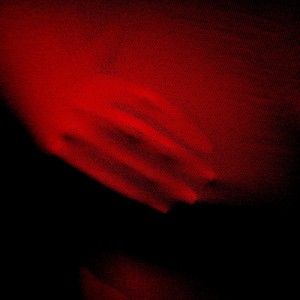 As a girl, I developed an early penchant for choosing. I am not sure why. My home life was oppressive, even abusive. I existed in the crevices in order to survive. Now I credit my mother—who had a hard time choosing and defending herself—for the subversive (as it turns out) act of reading poetry to my sister and I on a daily basis.
As a girl, I developed an early penchant for choosing. I am not sure why. My home life was oppressive, even abusive. I existed in the crevices in order to survive. Now I credit my mother—who had a hard time choosing and defending herself—for the subversive (as it turns out) act of reading poetry to my sister and I on a daily basis.
We had our favorites. “The African Chief” and “Young Charlottie.” Poems of suffering, poems of being oppressed or choosing to be oppressed (Charlottie died of her own ill-choosing to go out into a wintry night with little but a silk coat, on a horse-drawn ride to a dance with her date; the African chief also died, through a subliminal choice of what seemed like the lesser evil… to die freely on the sands instead of living as a slave).
Poems taught me to reach, rock over rock. They taught me to choose and not to give myself over to categories. They taught me, as it goes, how to be difficult—to know what I love and be unafraid to say so.
***
L.L. Barkat is Managing Editor of Tweetspeak Poetry, a site committed to helping people experience a whole life through the power of writing, reading, and just plain living. She is the author of six books, including the award-winning Rumors of Water: Thoughts on Creativity & Writing. Visit her at llbarkat.com or follow her on twitter @llbarkat
Honey photo by alsjhc, Creative Commons via Flickr. Red Hand photo by Rookuzz, Creative Commons via Flickr.
Category: Being a Writer, Contemporary Women Writers, On Writing, Poetry by Women Poets, Women's Books and Writings
Comments (16)
Trackback URL | Comments RSS Feed
Sites That Link to this Post
- Featuring Women Writers on WWWB 2013 - Women Writers, Women Books | December 30, 2013

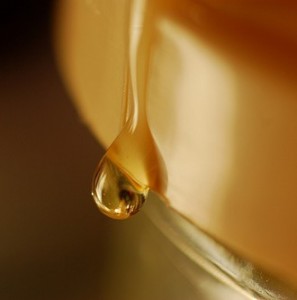





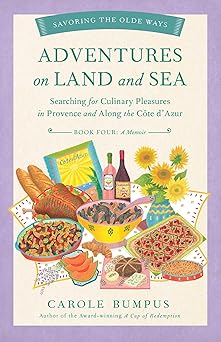
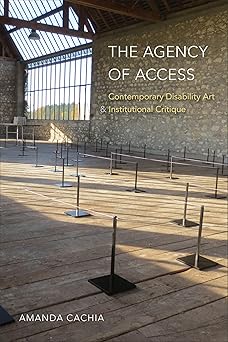
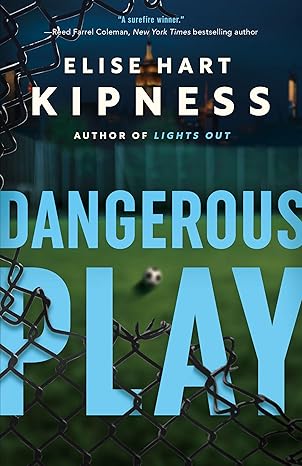
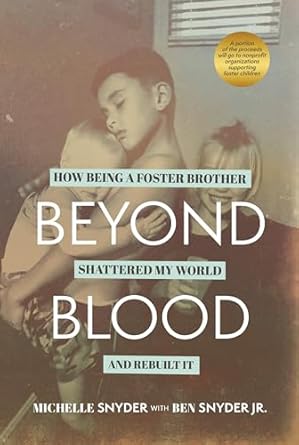
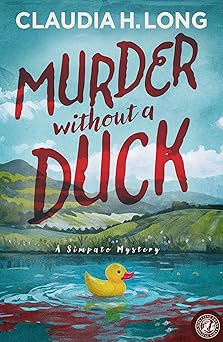
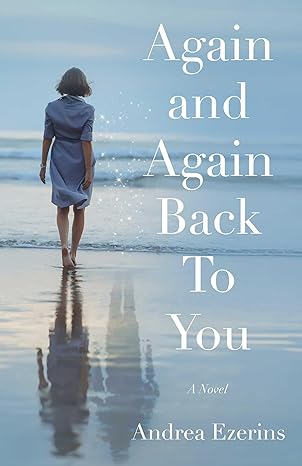
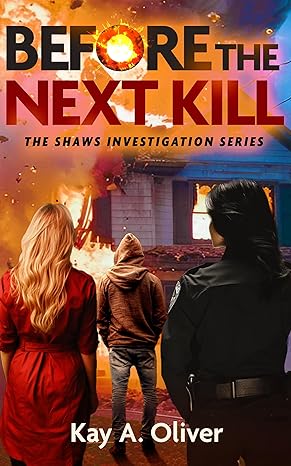
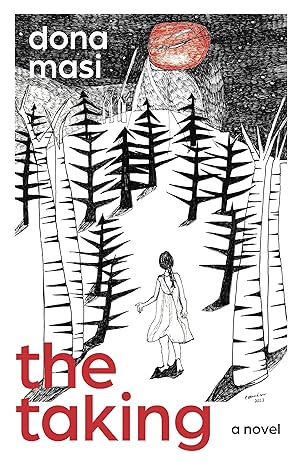

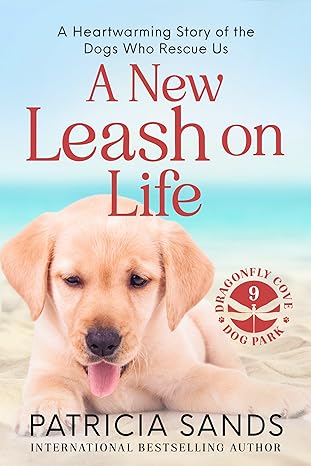

Laura, would you please remove the above message. Thank you.
Would someone please remove the message from August 12, 2016 at 2:00 pm. Thank you so much. Would you please remove the message from April 1, 2016.
Would someone please remove the message from August 12, 2016 at 2:00 pm. Thank you so much.
Somehow missed this back in August…. so glad to be finding it now, jumping off the page in the long list of wonderful women writers screaming “Read me! Read me now!” And so, I did. It’s beautiful the way you have elevated context and texture over name and fame. Difficult, i’ve come to feel, is an award and a tribute to self respect (what could be simultaneously sweeter and more stubbornly sticky?), and Sara’s poem took my breath away.
In his book “Writing the Australian Crawl” the poet William Stafford (hope I’m remembering this correctly) talks about how poets can never rest on their laurels. A writer is only as good as the poem s/he is writing now. No one is consistently excellent.
This is good news for writers, because it means we all start on a level playing field. As you say here, a 12 year old girl can be a better writer than a seasoned poet hung with medals.
To come back to Stafford, he also says, “The moon you are writing about is the one you are creating.”
I enjoyed this blog a lot. It brought me back to that wonderfully freeing book I read years ago.
difficult? perhaps, but in the most lovable ways
Such a good essay LL Barkat! So glad Barbara Bos found you and inspired you to write a piece for us. You’re fascinating.
I love what you said here:
“Humans are ultimately tied to place […] if I had to choose my favorite poets they would probably be the ones whose poems either create a sense of place […] or rely on it.
I am always surprised when writers leave geography off their blogs and bios.
You may be interested to know that I’m working on a collection of poetry called “Stones: Poetry of Place”. – Anora
Hmmm. Those first couple of lines got me! I had an icy chip on my shoulder at first that slowly melted. By the middle, I was enjoying this article! Yes, loving a line and not settling into “a favorite” to me, that continually raises the bar of the craft! I thank you for this article and the inspiration!
I write to encourage, inspire and celebrate people on their journey of life!
I have always written and loved poetry, but it’s easy to become attenuated from it doing the other writing I do.(I’m a journalist.)
This was compelling in all the ways I have always found poetry compelling, from Eliot to Larkin, Dickinson to Dove. We have to be reminded of the importance of poetry. Adrienne Rich said poetry was as important as breathing, food,life.
It is. Whether we find it on the rocks or in the crevices.
“I have always liked what I liked and taken it from there.”
Words to live by.
Megan, interesting. To think of poetry as a kind of crevice. So compact, yes. So brimming in its compactness. I wonder if living in the crevice (whether in life or words) cultivates the possibility of cleverness and creativity. Of course, it could also produce a stunted effect, depending. But. I choose the former 😉
“I existed in the crevices in order to survive.” Me, too. Maybe that’s why I love you so much. Maybe that’s why I love poetry, too.
Thank you, Qaisra. 🙂 Are you a poetry fan, or is it something you’ve mostly seen from a distance?
Loved reading Poetry and the Art of Choosing Favorites – learnt a lot about poetry, the author, her life and of course ‘ I am so difficult’. Very well written post by LL Barkat. Thoroughly enjoyable! Thank you for sharing it with us…Good use of pictures too.